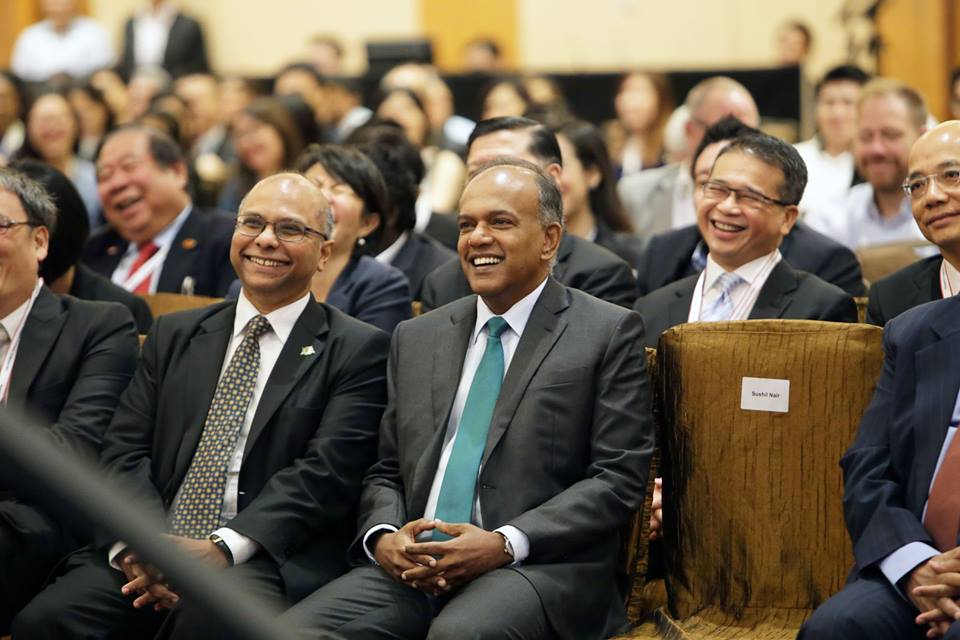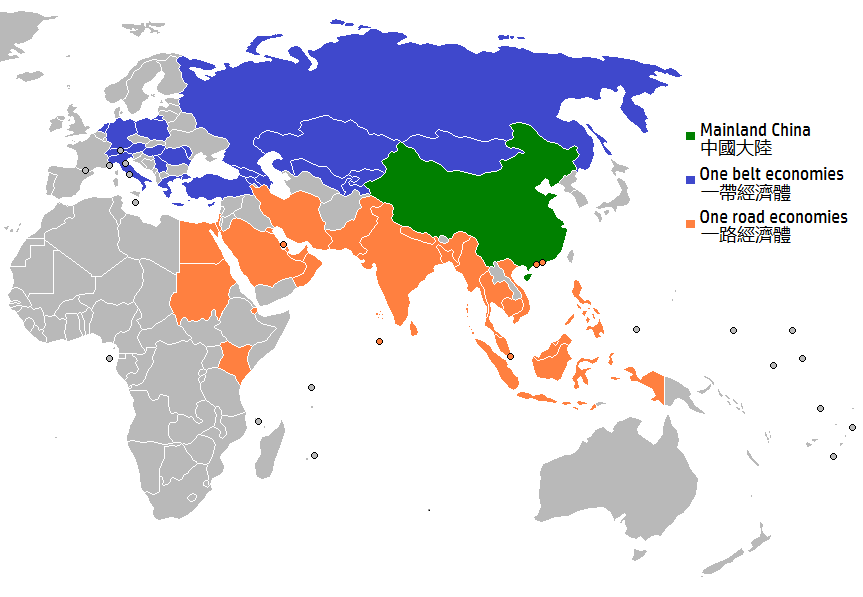Singapore's Home Affairs and Law Minister K Shanmugam said today that Singapore has recognised the importance of China’s One Belt, One Road (OBOR) initiative, and is poised to take advantage of the new trade routes.
The Minister was speaking at the Asia Economic Forum organised by the Asia Competitiveness Institute, which is part of the Lee Kuan Yew School of Public Policy of the National University of Singapore. Shanmugam said the project was bold, innovative and ambitious, and exemplifies the vision of a country that is currently the "world leader in many aspects of infrastructure technology".
“China has been showing its detractors that they are getting it wrong,” he said, citing its success in the field of science and technology, contrary to claims that its political system does not allow innovation.
Shanmugam said the plan was "arguably the most ambitious infrastructure project in history" with the "potential to bring Eurasia, China and Southeast Asia even closer together". He, however, sounded a note of caution about security implications.
"China will have to try and work with these different interests and align them. It’s not going to be easy because, in many ways, there can be competing and conflicting interests. Building the infrastructure is the easier part," he said.
“If there is a deficit in trust with other countries, regional counter blocs with countries such as India, Japan and perhaps powers outside Asia may form, and possible US influence should not be underestimated," the minister said.
In his speech, Shanmugam noted the rise of China, which he said is likely to be the largest world economy in absolute terms. Technologically and militarily, China will become a more significant player over the next 20 to 30 years, he predicted.
With this, he said there will also inevitably be a change of relative power between America and China.
"It is likely that the US ability to decide unilaterally will be reduced from what it has been in the last 25 years. At the same time, it is difficult to see any one country – including China – taking over the US' role of global leadership," Shanmugam said in his speech.
According to the Home Affairs Minister, figures show Singapore is already benefiting from the opportunities offered by China’s scheme, with China's investments in Singapore alone making up about a third of its total investments in member countries.
"With the new opportunities, we can and should be able to find ways of being economically relevant," he said. Small states must continually earn their relevance on the international stage, he added. "China, the US, India will be there a hundred years from now. For us, nothing is guaranteed and the world can pass us by in an instant."
“Singapore's competitive advantage lies partly in the fact that it is well-governed, upholds the rule of law, has a highly educated population and is a respected financial centre and port,” he said.
One Belt, One Road is an initiative championed by Chinese Premier Xi Jinping seeking to develop new trade routes from the Far East to Europe and Africa by investing in transport and infrastructure sectors of nations along the planned trail. First unveiled by Chinese President Xi Jinping in 2013, China’s plan is expected to bring trillions of dollars in infrastructure spending to over 60 countries.




